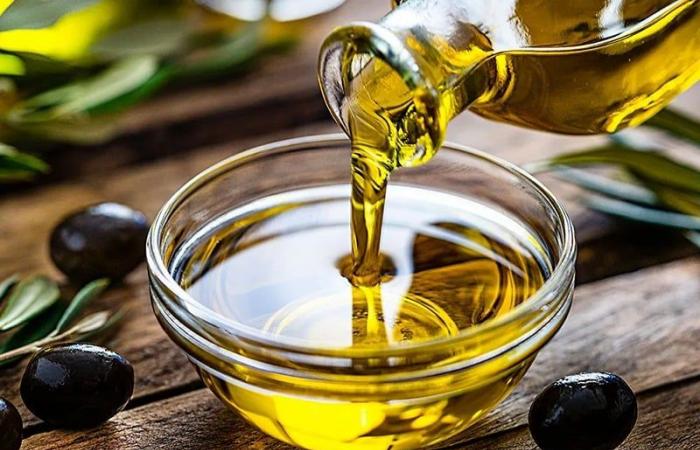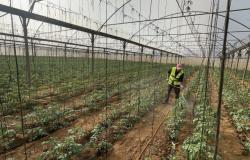In a context marked by a surge in olive oil prices in Morocco, reaching record levels of 120 dirhams for this year’s harvest, and 100 dirhams in certain markets, consumer protection associations are expressing strong concerns. According to them, this situation could open the way to fraudulent practices and the creation of monopolies, taking advantage of the rarity of this flagship product and the sustained demand from Moroccan families for this essential ingredient in local cuisine.
Bouazza Kherrati, president of the Moroccan Federation of Consumer Rights, reacted strongly to the situation. “ The intervention of middlemen before and after the harvest, aiming to monopolize the market, causes a rise in prices well beyond that resulting from a limited supply, already impacted by successive droughts », he specified, welcoming in this dynamic the opening of Morocco to the importation of olive oil from Brazil, a strategic gesture with the aim of diversifying sources of supply.
The activist added that Brazilian olive oil prices were “ reasonable » compared to those of imports from neighboring countries like Spain and Italy, also hit by a production shortage. According to him, this approach could reduce the influence of speculators on the Moroccan market and mitigate the impact of their manipulations on prices.
For his part, Ali Chtour, president of the Moroccan Association for the Defense of Consumer Rights, stressed that the crisis linked to droughts in no way excuses the rise of speculators. He denounced the actions of certain intermediaries and monopolists who “ inflamed » prematurely the market in an attempt to control the prices of this vital ingredient for many Moroccan families.
With this in mind, he called on the government to “ intensify controls and leave no gaps for fraudsters and scammers “, urging authorities to crack down on those who exploit consumers’ vulnerabilities to manipulate their purchasing power. “ It is imperative to punish anyone who attempts to manipulate prices to the detriment of the citizen “, he insisted.
The expert also highlighted several factors behind the increase in prices, citing in particular the succession of droughts, the rise in temperatures, the destruction of thousands of hectares of olive trees due to the effects of the crisis. climate, as well as the spread of disease and rising costs of inputs such as fertilizers and pesticides. All these elements forced producers to raise their prices in order to compensate for their losses and cope with cost pressure.
Faced with this alarming situation, Chtour also stressed the importance of encouraging small and medium-sized farmers to cultivate and maintain olive trees. It recommended the implementation of appropriate support measures, such as training and the provision of modern tools, including drip irrigation systems, to optimize production while reducing costs and effort required.
In this difficult situation, Chtour also insisted on the need to educate citizens not to give in to the temptation of looking for lower prices. He warned against buying olive oil of dubious origin, sold in the streets, in front of mosques or in informal markets, in order to avoid the risk of illness and poisoning. “ Everyone must be responsible for themselves and their families, large or small. “, he concluded emphatically.
Finally, the Minister of Agriculture, Maritime Fisheries, Rural Development and Water and Forests, Ahmed El Bouari, recently revealed that olive production this season would be 11% lower than the previous year. , and 40% compared to a normal season. He announced that measures would be taken to regulate market prices, particularly in terms of exports and imports, in order to deal with this unprecedented crisis.
During his first intervention in the House of Representatives, Ahmed El Bouari specified that olive oil production this year should reach around 950,000 tonnes, marking a drop of 11% compared to the previous year and 40 % compared to a normal season.






